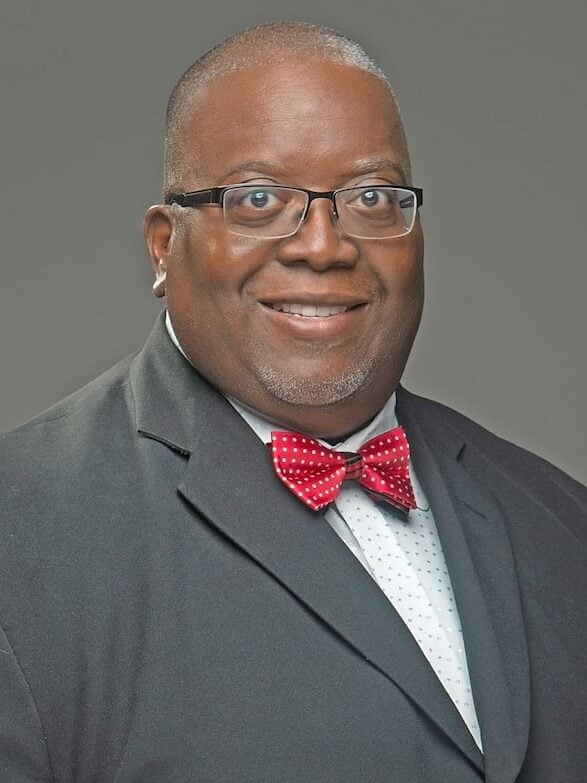
“He has told you, O man, what is good; and what does the Lord require of you but to do justice, and to love kindness, and to walk humbly with your God?” Micah 6:8, ESV
In the midst of our nation’s current political, social and economic turmoil, it is important to return to the timeless wisdom of God’s Word. The challenges facing our country, and particularly the State of Indiana and City of Indianapolis, are not new, but the urgency to address them has never felt more pressing.
The rise of gun violence, the deepening divisions across political lines, and the struggles with economic inequity, especially in cities like ours, have created a climate of fear, anger and mistrust. As we search for solutions, the prophet Micah offers a clear and concise answer to what God requires of us in these troubled times.
The first requirement God places upon us is to “do justice.” Justice, in the biblical sense, goes beyond legal systems and courtroom decisions; it speaks to a deep concern for fairness, equity, and righteousness in all areas of life. In a time when the political landscape feels increasingly polarized, with many communities feeling marginalized and unheard, the call for justice demands that we, as people of faith, take action to address systemic inequities.
In Indianapolis, the rise in gun violence and murder rates is a painful reminder of what happens when justice is absent. Many of these crimes are rooted in cycles of poverty, disenfranchisement, and broken communities. Our response as a church and as individuals must be to engage in solutions that promote justice. This could mean advocating for policies that ensure fair housing, equitable education, and access to mental health resources like the Men and Mental Health Movement founded at our church.
The second requirement is to “love kindness” or “mercy.” Mercy is often misunderstood as weakness, but in the biblical context, it is a powerful force that promotes healing and restoration. As tensions rise in our communities, especially in the aftermath of violence or injustice, mercy calls us to extend grace and forgiveness rather than vengeance.
We see neighborhoods torn apart by violence. Families are grieving the loss of loved ones to gun violence, and our city struggles to find solutions. Mercy, in this context, might look like supporting programs that offer young people positive interactions and peaceful approaches to conflict resolution. It could involve creating spaces where victims and offenders can engage in restorative justice practices. Mercy does not ignore wrongdoing; rather, it seeks to restore broken relationships and prevent future harm.
Finally, God requires that we “walk humbly” with Him (God). Humility is perhaps the most countercultural of these three requirements in a time when pride, power, and self-promotion are often celebrated. Walking humbly with God means recognizing that we are not the center of the universe, and that our wisdom and strength are limited. It means acknowledging our dependence on God and seeking His (God’s) guidance in all that we do.
Micah 6:8 reminds us that God’s standards are simple yet profound. In a world filled with complexity and chaos, God calls us back to the basics: justice, mercy, and humility. If we live out these values in our personal lives, in our churches, and in our communities, we can begin to heal the brokenness around us and offer hope to a hurting world. We can do what God requires.
Dr. Preston T. Adams, III is the founding and senior pastor at Amazing Grace Christian Church in Indianapolis. He can be found on X at @DrPrestonTAdams.





